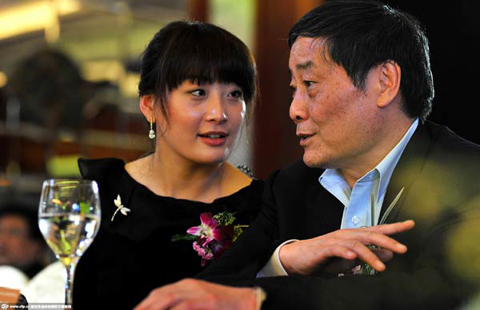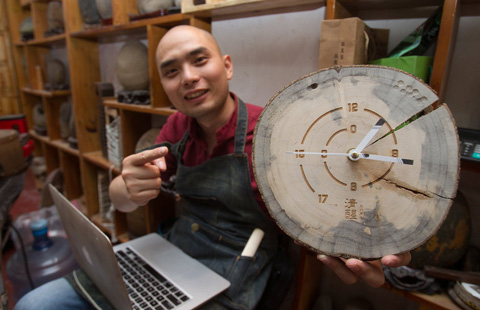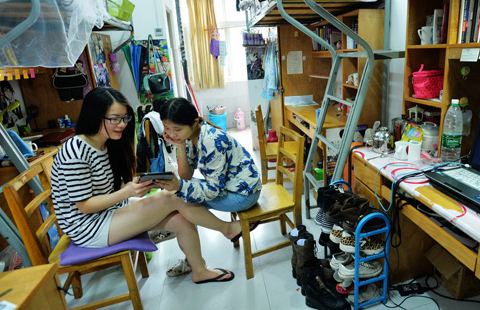Bayer making deep inroads across China
By Zhang Zhao (China Daily) Updated: 2015-05-06 09:13Last year, Bayer Health-Care increased its global R&D spending to 2.3 billion euros ($2.5 billion) and plans to bolster its R&D efforts in a number of key areas, including cardiology, gynecology, hematology, ophthalmology and oncology.
The company currently has 57 development compounds in Phase I to III of clinical development, with about a third of those compounds to treat oncology-related issues and another third for cardiology-related problems. Its China division is involved in 33 ongoing clinical trials, a rise of 50 percent from five years ago.
The first phase of clinical trials test the safety of a new drug, the second phase checks for effectiveness, and the last phase collects more data to prove that the drug works, explained Walter Beck, site-head of Bayer Healthcare Global Development Beijing.
Even after a drug is launched in the market, Bayer studies its effects to make sure it continues to be safe and to see how the drug could be further used, said Kanti.
With 46 cooperative projects since 2009, the company is working with Chinese academic institutions such as Tsinghua and Peking Universities in areas spanning from early research programs on disease mechanisms, joint biological research and medicinal chemistry.
The company has also been actively sharing its expertise with Chinese people via education programs for physicians.
"What's important for physicians is that after they leave university, they continue their education, because the industry, treatment options, treatment guidelines and knowledge change quite rapidly," Kanti said.
The company has a "Go West" project that extended to 23 Chinese provinces by 2014, training more than 21,000 doctors and hospital administrators. Another project in China called "Go Rural" has helped nearly 1,000 health administrators across the nation to enhance their theoretical knowledge, policy understanding and management skills last year.
The two projects were jointly initiated by a partnership between the company and the National Health and Family Planning Commission.
As one of the top three multinational healthcare companies in China, Bayer Health-Care is "supported by the creation of strategic partnership with strong local partners from science and academia", Kanti said.
"We believe in using science to make better products that help people lead a better life, be it in curing or managing a disease or be it in helping wellness. And therefore the power of innovation is critical for our company."
- Speculation driving up soccer-related stocks
- Shenyang finance executive summit opens
- Chinese auto giant announces new chairman
- Alibaba vows to slash prices of wine imports via e-commerce mode
- China should strive for higher than 7% economic growth: Justin Yifu Lin
- China Daily's website takes top spot in readership
- 'Makers' securing place as China's new economic drivers
- Chinese VP meets US-China business council members
















